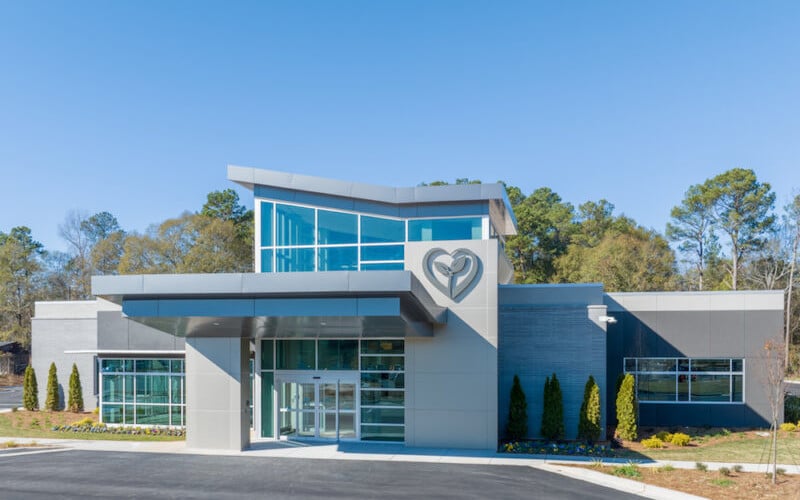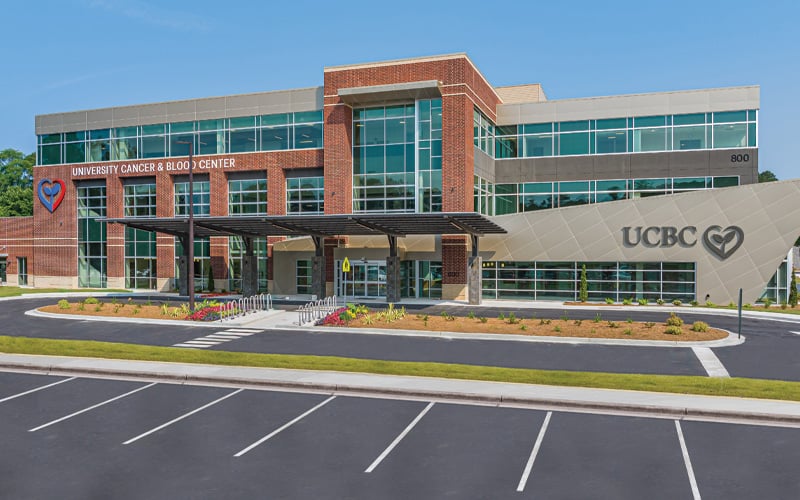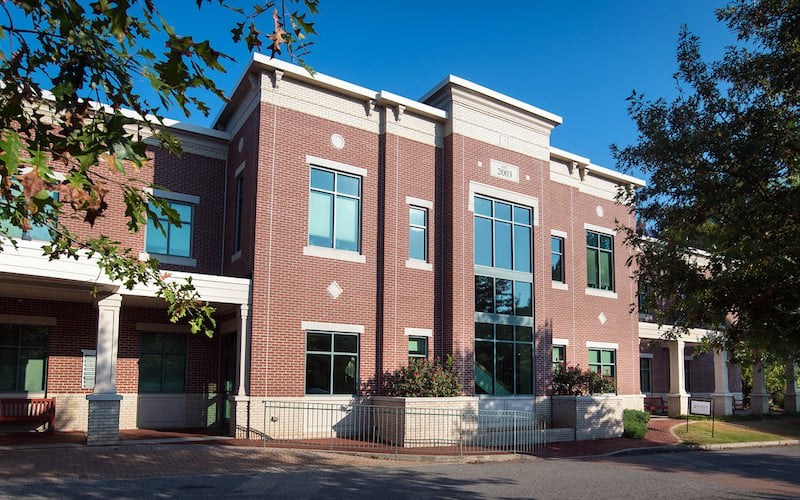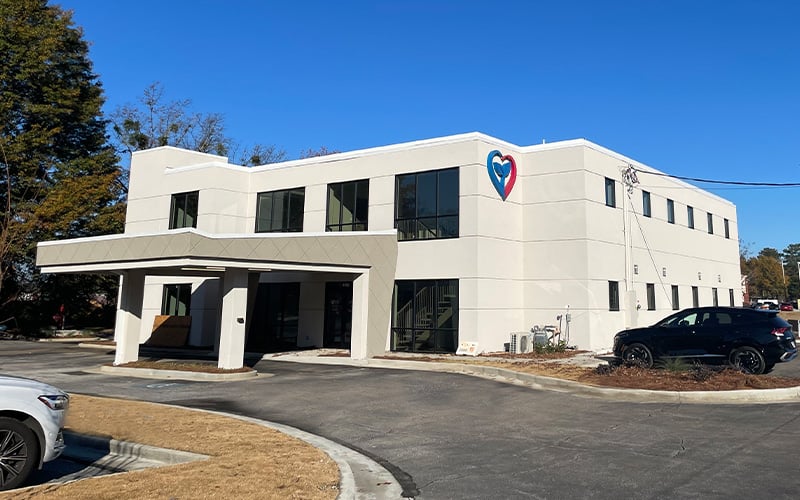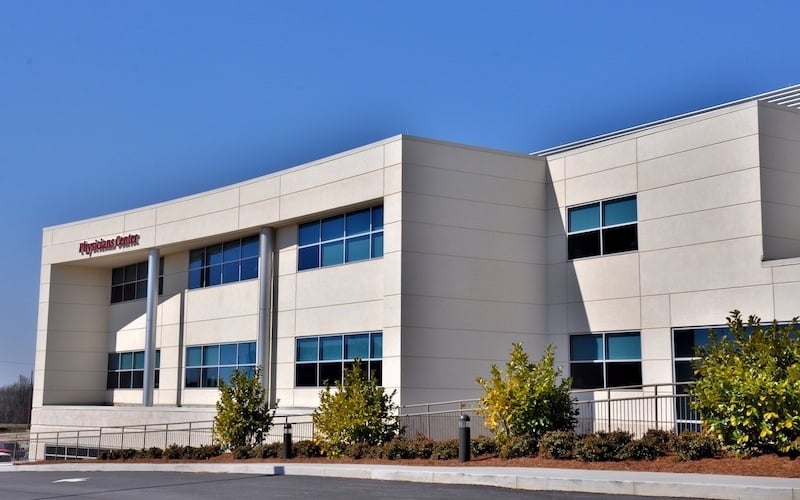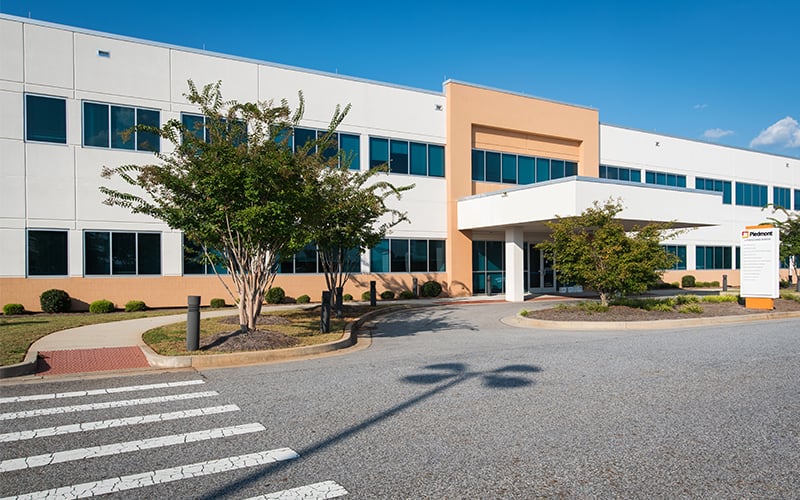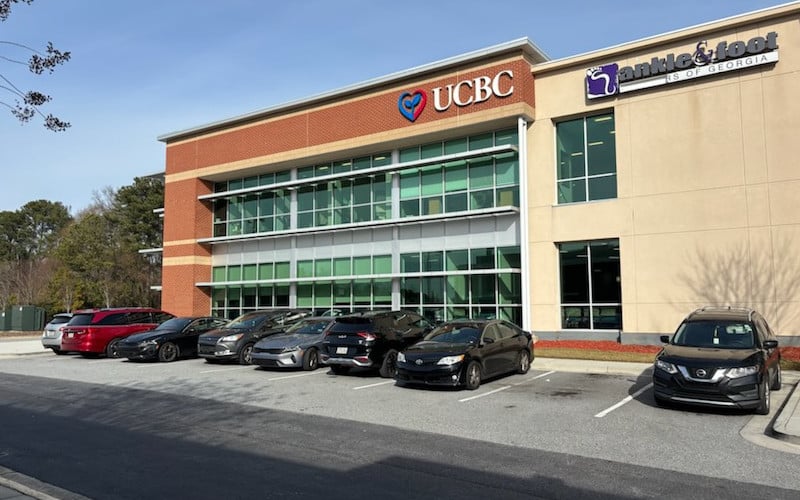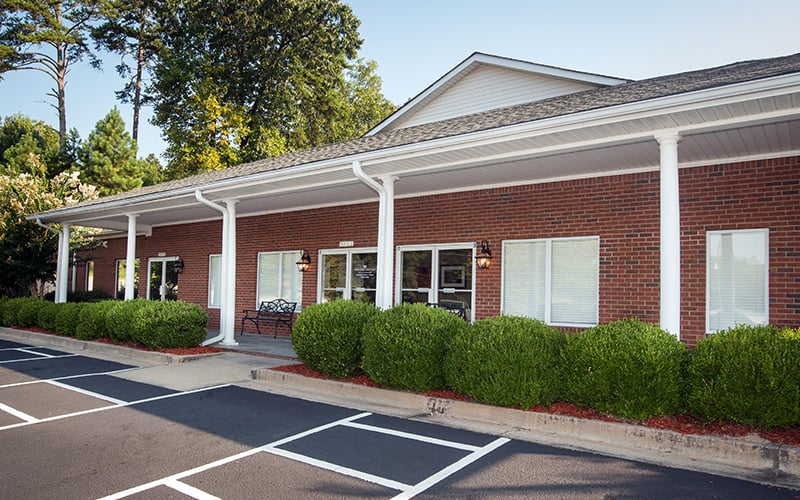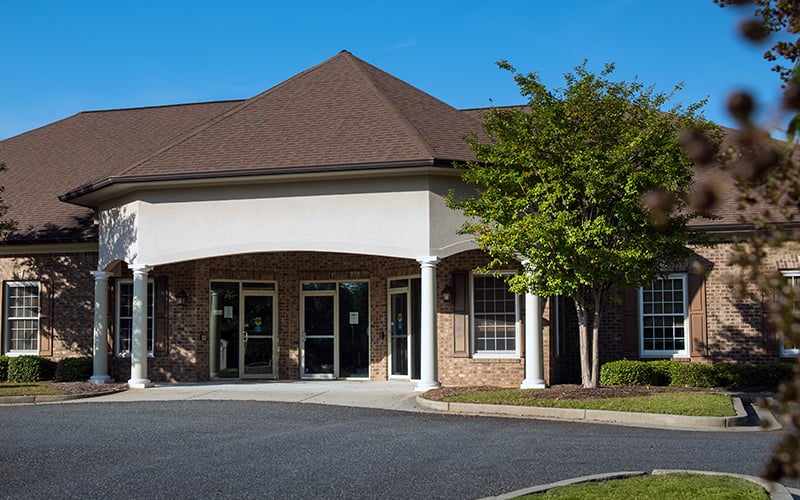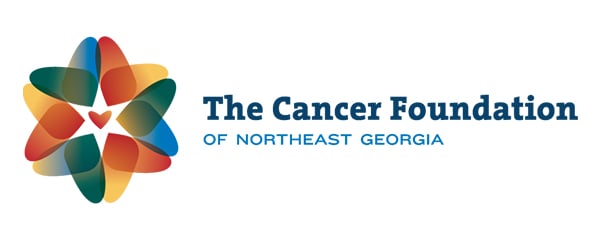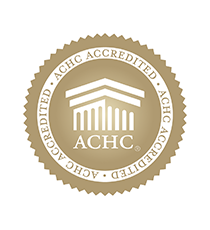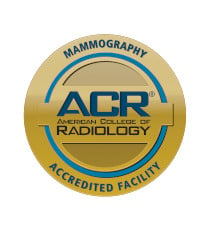What is Genetic Counseling?
Cancer can happen when the blueprints of our body, our genes, get damaged or changed in a way that the body can’t correct. Most of the time, these changes that lead to cancers happen well after we are born. These are called Sporadic Cancers. But in about 1 out of every 10 cases, this change may be something that you have inherited from one of your parents. This doesn’t cause a cancer, but it can make the conditions easier for a cancer to develop. This is called Hereditary Cancer. Hereditary cancer is suspected when:
- A cancer develops at an earlier than average age (such as breast cancer age 45 or younger, or colon cancer younger than 50)
- A person has a rare cancer (such as pancreatic, ovarian, male breast cancers)
- A person may have more than one kind of cancer (like breast and ovarian), or we see similar cancers in multiple family members on one side of the family (such as 3 people on one side of the family with colon cancers)
- There are “clues” in a person’s tumor testing that tell us there may be these changes in the person’s genes
Cancer Genetic Evaluation, Risk Assessment, & Testing at UCBC
Our clinical oncology social workers work with our medical providers to identify patients who may be at risk for having an inherited cancer syndrome. We provide counseling and education to assist patients in determining whether they are at risk for hereditary cancers, including hereditary breast, ovarian, colon, and other related cancers. We then determine with patients and their families if genetic testing for hereditary cancers is recommended and, if it is, we facilitate referrals to the top genetics laboratories in the country for genetic analysis.
Kris Schultz-Tanner is a Nurse Practitioner who specializes in hereditary cancers. If there is suspicion that a cancer occurred because of a family’s genetic changes, or if someone wants a better idea of their own risks of developing certain cancers, Kris will look into your personal and family health histories to find patterns of disease in the family, as well as look for risk factors that you could possibly change to lower your risks of certain cancers. Sometimes, genetic testing is indicated as part of the workup. Kris will walk you through the risks and benefits of testing, including potential costs/insurance coverage and protection from/risks of genetic discrimination. A word from Kris here:
